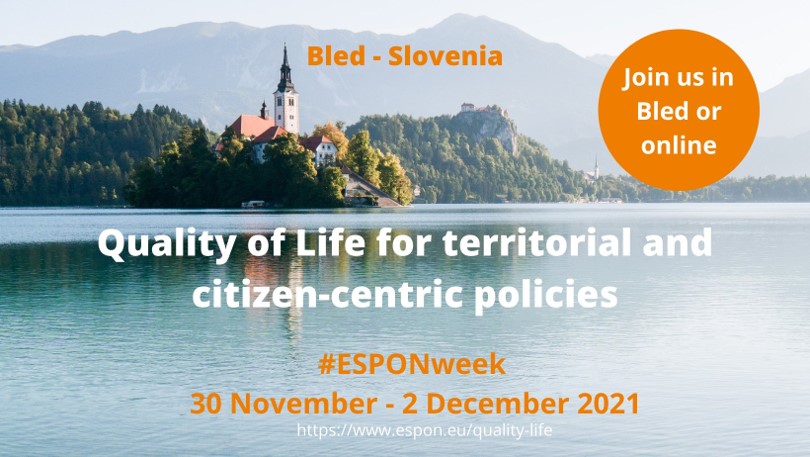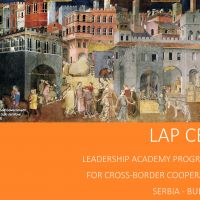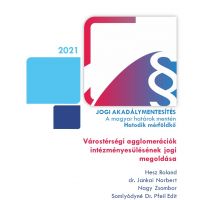Report on the ESPON Week
Knowledge sharing | 23 December 2021
Knowledge sharing | 23 December 2021
The ESPON Week was held this year between 30th November and 2nd December. Due to the pandemic, it was entirely broadcasted online, and only partly was held in presence in Bled, Slovenia. One of the most relevant parts of the week was an introduction to the new ESPON 2030 Cooperation Programme and the official launch of the consultation to define thematic priorities for future research activities by ESPON. The discussion centred on the four following areas:
CESCI attended two thematic sessions dedicated to the Thematic Action Plans (TAP) for Governance of new geographies and for Perspective for all people and places. In the first discussion topics such as migration patterns of distinct groups such as pensioners, labour migrants, cross-border functional urban areas were explored. While regarding the other TAP various suggestions and ideas circulated on how to grasp the related topics. Ageing, multidimensional interpretation of quality of life, digitalization, social challenges in settlement with population loss, energy and climate transition and its effects on local societies, hotspot mapping, accessible tourism, tourism with regard to vulnerable groups as well as health and safety were all touched upon by the audience and experts.
For further reading on the consultation process regarding Territorial Action Plans please visit https://www.espon.eu/tap-consultation-espon-2030. The kick-off day on 30 November 2021 officially opened the consultation that now continues online until the end of January.
The second key part of the week was the ESPON Seminar, which aimed at discussing “Quality of Life for territorial and citizen-centric policies” bringing together the latest research on the topic. Participants had the chance to hear an interesting keynote speech about the impacts of COVID-19 on living conditions and quality of life in rural and urban areas.
Related readings are:
On the final part of the event, thematic (parallel) workshops were organized including the ones on the integrated planning of great lakes in Europe, territorial scenarios for the Danube and Adriatic Ionian macro-regions, soft territorial cooperation and mapshots, and territorial indicators based on big data from private digital platforms.


 Legal solution for the institutionalisation of urban agglomeration areas (Legal...
Legal solution for the institutionalisation of urban agglomeration areas (Legal...